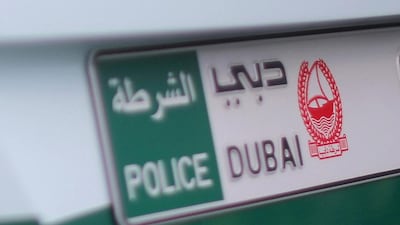Dubai Police top saver with National Bonds
Dubai Police is the top regular saver with National Bonds, the Sharia-compliant savings organisation revealed this week. It led the list of 100 entities that had signed up the highest number of employees to National Bonds’ Employee Savings Programme. More than 1,000 savers are now enrolled in the Tharwaty programme that National Bonds designed specifically for Dubai Police personnel. Transguard took second place on the list, with Dubai Duty Free in third place.
$226bn
US households increased their borrowing in the final three months of last year at the fastest pace in three years, according to the Federal Reserve Bank of New York. Consumer debt rose by US$226 billion, or 1.8 per cent, in the fourth quarter, led by a $130bn increase in mortgage loan balances and a $32bn increase in credit card borrowings, according to the New York Fed. The increase brought total consumer debt to $12.58 trillion, just shy of the $12.68tn peak in the third quarter of 2008.
Hong Kong’s generous budget
Hong Kong handed out billions in tax cuts and poverty relief on Wednesday, to stimulate its economy that is expected to grow more strongly than anticipated, at 2 to 3 per cent, this year despite headwinds from rising global trade protectionism, the financial secretary, Paul Chan, said in his maiden annual budget address. He said stronger exports and jobs, rising wages and construction projects worth nearly HK$87 billion (Dh41.17bn) this year, had bolstered consumer confidence and domestic demand that would feed into the local economy.
Quote:
“It’s pretty clear that people do have to work longer. It’s something that they seem capable of doing.”
Matthew Rutledge, a research economist at the Center for Retirement Research at Boston College in the US

